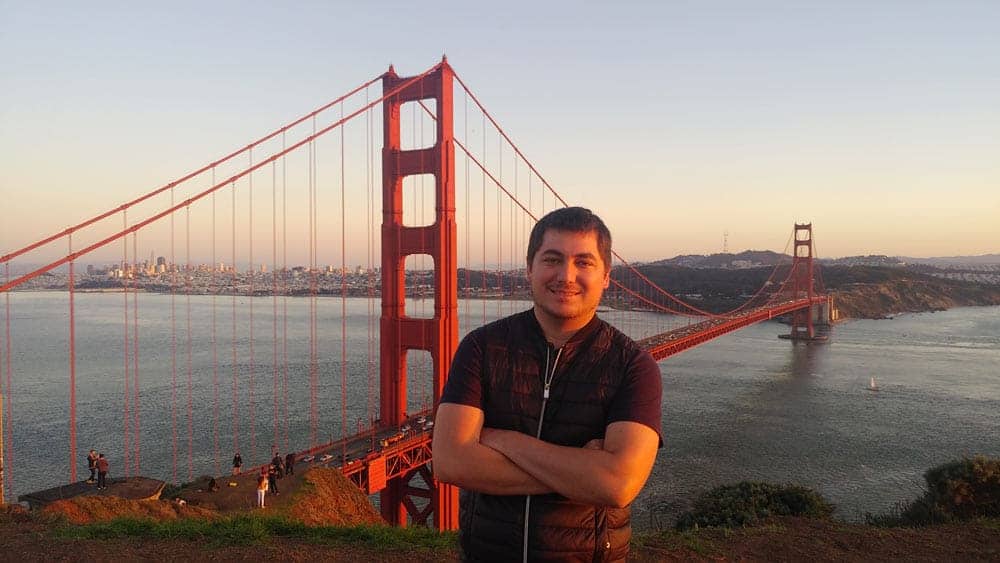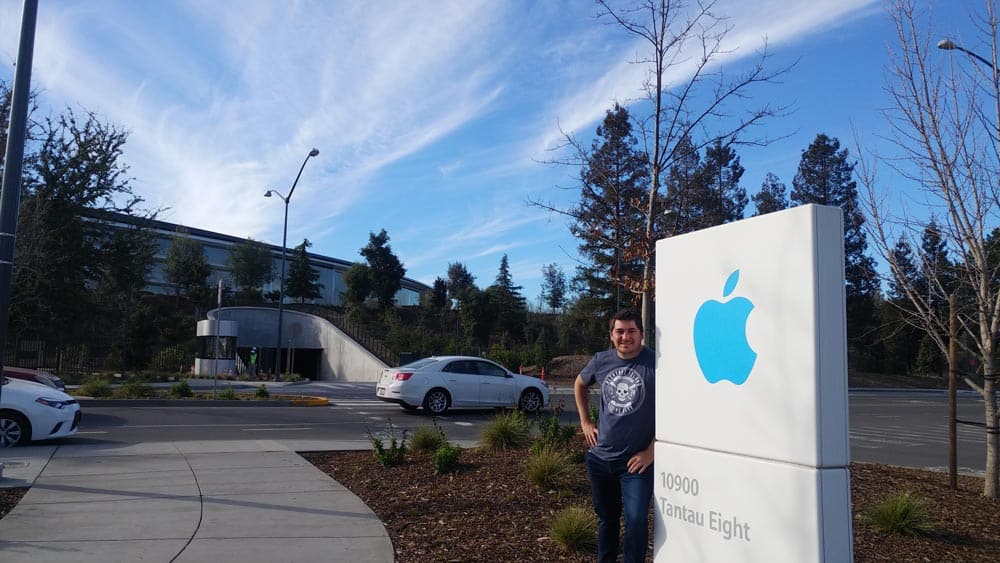
February 20, 2020
This week we had our Morning Coffee with Claudio Barahona, Open Innovation Manager of Movistar Chile and leader of Wayra.
Contxto – In recent years travelling to Silicon Valley and other innovation hubs under the concept of “business tour” or “fundraising tour” has become a trend.
Many institutions, incubators, and government subsidies are invested in promoting all sorts of studies tours to innovation hubs, mainly San Francisco and the oh-so clichéd Silicon Valley. Some charge for the organization of those trips, others take a percentage of your profits, and sometimes the jaunts are financed directly by the State.
Many entrepreneurs choose that option without even thinking about it.
I mean, who doesn’t like to travel? Who doesn’t like to say he or she was with some super huge investor that said his or her idea was “good”? Everyone in the digital world needs a photo in Mountain View with Google’s logo!
You must also obviously check-in in at Facebook HQ in to make your friends jealous. If you had asked me a few years ago, San Francisco would have been my favorite trip during my school days. But of course, the coffers of our guardians did not allow for us to go beyond Machu Pichu or Bariloche.
But, are these trips really worth anything to my startup? Have you ever wondered about the real results in business and investment terms of those startups that spent three weeks touring through Silicon Valley?
I’ve spoken to hundreds of those travelers and I’d dare say that 99 percent of them have not accomplished a thing. Ah, yes, but then again they do have a new profile photo at the Golden Gate Bridge!

Moreover, in many cases, when looking at it in retrospect—that is, one or two years after the fact—, many tend to realize that the trip was a distraction that cost them valuable time and money. That does not mean that a Latin American entrepreneur cannot suceed in Silicon Valley! And I will explain why…
What’s my discovery after talking to all of those founders that made their technological pilgrimage to Silicon Valley? I found out that essentially you have two options:
In conclusion, and as advice to those entrepreneurs who are considering becoming an “entrepre-tourist”, I recommend that before you accept and pay for one of these trips you ask yourselves the following questions:
With all of that you could probably answer your own questions and know if it is really worth buying what this institution is offering you.
I want to emphasize that it’s not my intention to sound mean or to criticize any particular institution. But in the spirit of advising all those entrepreneurs who are about to become an entrepre-tourist.

P.S.: It is important to mention that in this column when talking about “entrepre-tourist” it references trips to San Francisco, Telaviv, NY or some other innovation hub without a specific business goal. It has no relation with a commercial prospecting trip to close new sales in another country, which is, clearly, the next step of an already consolidated startup that seeks new clients.
P.P.S: This column was originally written in 2015 for the EyN column section of El Mercurio. And it is more relevant than ever!
Claudio Barahona is the Open Innovation Manager of Movistar Chile and leader of Wayra, Telefónica’s initiative that connects the company with startups and innovation ecosystems and invests as corporate venture capital in innovative technology companies with global scalability. The Chilean Financial Journal named him “Young Influencer 2017”.
Translated by Alejandra Rodríguez